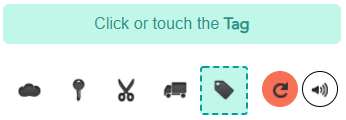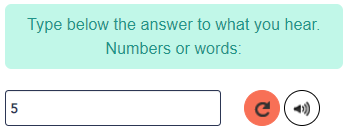Compare Boat Insurance Rates
Learn more about the factors that dictate your boat insurance rates, compare top insurers, and save.
 Your information is secure.
Your information is secure. Boat
What is boat insurance?
Boat insurance is an agreement between the boat owner and an insurance company to protect watercraft and trailer, from any damage you cause to others while boating, and other events.
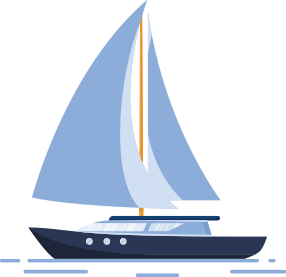

Do you need boat insurance?
If you’re use a watercraft strictly for pleasure, perhaps not, since only a few states mandate that you have boat insurance in certain circumstances. However, if you’re financing the boat, most lienholders require to carry insurance with comprehensive and collision coverage. Plan to dock your boat? Many marinas and harbors will require you to show proof of liability coverage, regardless of the value of your boat.
One of the biggest myths about boat insurance is that you and your boat will be adequately covered under home insurance. While homeowners policy offer minimal protection in instances, it won’t offer the coverage you need on the water—especially if you’ll be operating a large powerboat. Powerboats are typically more expensive and prone to accidents.
Boat insurance that covers damages in water.
If Automatically include liability to pay for damages and injuries you cause if you hit another boat, person, dock, buoy, or something else. Plus, we offer comprehensive and collision to pay for damage to your boat in addition to other coverages and benefits
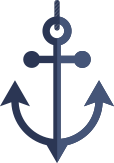
Boat Insurance Coverage
Why is Boat Insurance Important?
Boat insurance helps you enjoy peace of mind as you navigate your boat or personal watercraft (PWC). So if you travel across lakes, rivers, or ocean waters of the United States we can help.
Whether you're looking for a new boat insurance policy or just to save money on an existing policy, we're can help you get started with a free boat insurance quote.
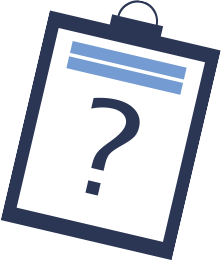
What kind of boat do you have?
Standard coverages
Bow Rider – Open bow type of boat with seating. They are best suited for use in lakes and inland waterways (16 - 28 feet).


Center Consoles – Single decked open hull boats with the operator's console (helm) in the center of the boat. Work great as fishing boats. Most are powered by outboard motors. (18 - 28 feet).
Cuddy Cabin – A boat that contains a small cabin in the bow (18 - 28 feet).


Walk Around – Cross between center console and a cuddy boat. Generally used as fishing boats and they contain a small cabin. (18 - 28 feet).
Ski Boats – Flat bottom, high torque boats designed to safely tow water skiers. Powered by high-horsepower engines.


Pontoon – Relatively inexpensive, flat hulls that sit on pontoons. Commonly referred to as "party boats" (16 - 30 feet). Should only be used in calm inland waters.
Jet Boats – Propelled by a jet of water ejected from the back of the craft. Come in a variety of sizes.


Personal Watercraft – A watercraft used for recreational purposes that you sit or stand on. Often referred to as WaveRunner, Jet Ski or Sea Doo which are actually brand names.
Sailboats – A boat propelled partially or entirely by sails. Can be used for racing, sport or just cruising.


Bass Boats – A small, flat bottom boat used primarily for bass fishing in inland waters. They are often equipped with swivel chairs for easy casting. (14 - 22 feet). And other Fishing Boats too.
Standard coverages
Liability: Pays for any damages or injuries you cause while boating, including:
Damage to other watercraft
Damage to objects (docks, pilings, other boats, etc.)
Other boaters’ and their passengers’ injuries
Injuries frontend/goodsinsured/pages/boats.mobhome_content_title4
Comprehensive: Covers events out of your control, such as:
Theft and vandalism
Explosions and fire
Hurricanes, lightning, and other weather-related damage
Falling trees or other objects


Collision: Covers any damage to your boat if you collide with another watercraft or object (even if it’s submerged), regardless of fault.
Uninsured/underinsured boater bodily injury: Covers injuries you suffer at the hands of an uninsured or underinsured boater, up to the limits of your policy.
Medical payments: Pays for the medical bills for you and your passengers if you’re in a covered accident, regardless of fault. In some states, this coverage will begin once you’ve exhausted your health insurance coverage limits.

How boat insurance is priced
Insurers will look over a variety of factors, but comes down to risk: How likely are you to have a boat accident and what will it cost? Here are a few of the essentials to determine price:
Claims history: If you don’t have a record of auto or boat insurance claims, your insurer will consider you less likely to have an on-water accident.
Type of boat: Just like with cars and motorcycles, your boat’s year, make, and model will affect your price. Newer boats generally cost more to replace, and boats designed for speed often cost more to insure than lower-performance boats. An inboard or outboard motor will also influence your rate.
Boating experience: The longer you’ve spent on the water, the better. Experienced boaters are also less likely to have an accident. Completing a watercraft safety course also help bring down the cost of boat insurance.
Boat insurance average cost
Low-cost states
Annual policy average:

$200-208
States may included: Arkansas, Illinois, Indiana, Iowa, Kansas, Ohio, Maine, Michigan, Minnesota, Missouri, Montana, Nebraska, Vermont, and Wisconsin.
Medium-cost states
Annual policy average:

$225-256
States included: Alabama, Arizona, Colorado, Georgia, Idaho, Kentucky, New York, North Carolina, North Dakota, Oklahoma, Oregon, South Dakota, Tennessee, Virginia, Washington, West Virginia, and Wyoming.
High-cost states
Annual policy average:

$315-348
States included: Alaska, California, Connecticut, Delaware, Florida, Hawaii, Louisiana, Maryland, Massachusetts, Mississippi, Nevada, New Jersey, New Mexico, South Carolina, Rhode Island, and Texas.
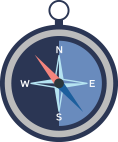
Why northern states are typically less expensive than southern states
Boat insurance is generally more affordable if you’re in a state with no coastline, in coastal states, you’ll usually find bigger and more costlier boats used in the oceans. The length of the boating season also has a big impact on the cost of insurance. Many northern states have lower policy costs than states where boating is more of a year-round activity.
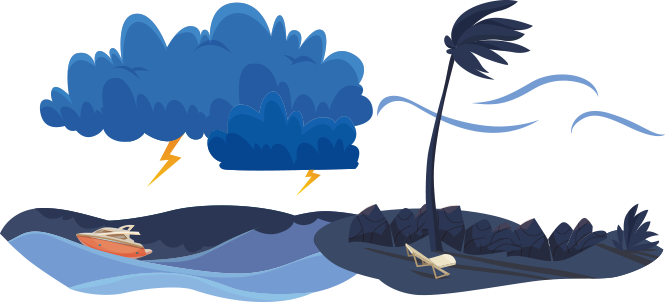
Hurricane Preparation for Your Boat
Are you a boater on the Atlantic and Gulf Coasts? Do you have a plan for preparing your boat when a hurricane comes? Hurricane season runs from June 1 – November 30,
Have a Plan
 Know your marina/docks/storage facilities policies
Know your marina/docks/storage facilities policies

 Know how you will secure your boat, at a dock or inland
Know how you will secure your boat, at a dock or inland

 Take action: 48 – 72 hours prior to the storm, or sooner
Take action: 48 – 72 hours prior to the storm, or sooner

 Remove items such as: outboard engines, sails, electronic equipment, etc.
Remove items such as: outboard engines, sails, electronic equipment, etc.

 Choose a backup person that knows your plan in case you are unavailable
Choose a backup person that knows your plan in case you are unavailable

 Test your plan to ensure you can complete each task
Test your plan to ensure you can complete each task

Fish Out of Water
In the event of a hurricane, your best bet is to move your boat and trailer from the water and bring them well inland to a safe location.
Stuck in the Drink
If your boat is normally moored in a marina, get a copy of the marina's storm plan. If your boat can't be removed from the water, ask if it can be moved to a large slip. A boat centered in an oversized slip with long lines at shallow angles to the boat will be able to rise and fall with storm surge
















